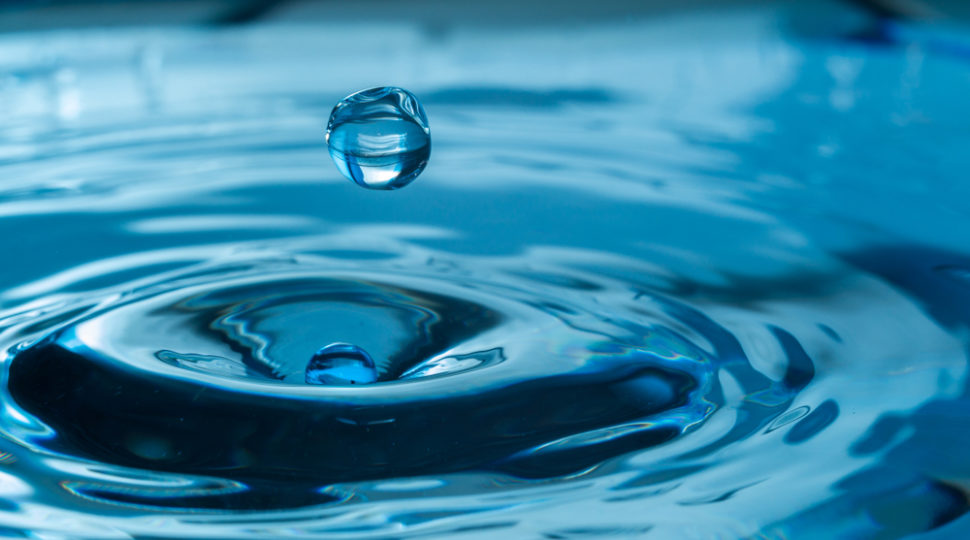Scientists have reportedly developed a new and more efficient way to improve water desalination.
To date, nearly two billion people across the globe are living without any access to clean water. According to Water.Org, that’s roughly one in every nine people. Thus, water desalination plays a significant role in providing human populations with clean drinking water.
Just recently, researchers from Monash University, CSIRO, and the University of Texas discovered a breakthrough solution that could potentially improve today’s desalination process.
The new approach reportedly relies on metal-organic frameworks (MOFs). MOFs trap dissolved chemical compounds in water using a unique material with an expansive surface area and crystals.
According to the study published by the group in the journal Science Advances, MOFs can be designed to filter both salt and ions selectively. Further development could lead to an efficient, cost-effective method of desalination. This process could also work to separate out metal ions in wastewater.
International researchers discovered a new way to improve #water desalination. A new approach that could have a huge economic impact.Click To TweetImproving the Desalination Water Purifier
Currently, half of the world’s water desalination plants use reverse osmosis membranes to a water purifier. However, scientists believe that these membranes could still be improved by a factor of 2 to 3 in energy consumption. Apparently, they do not work on the “principles of dehydration of ions” or “selective ion transport in biological channels” which limit their functionalities.
The mining industry uses reverse osmosis membranes to reduce water pollution and at the same time, recover valuable metals. The membrane is continuously developed to address the growing demands in electronics and other technology-driven industries.
For instance, the boom in the usage of lithium-ion batteries is leading lithium producing companies to resort to other non-traditional means of manufacturing the mineral. This includes recovering the metal ions from salt water and waste process streams.
Previously, direct methods of extraction and purification of lithium from such water systems were not feasible. However, the research team’s new approach just opened new possibilities to revolutionize water desalination.
“We can use our findings to address the challenges of water desalination. Instead of relying on the current costly and energy-intensive processes, this research opens up the potential for removing salt ions from water in a far more energy efficient and environmentally sustainable way,” Huanting Wang, a professor at Monash, said in a statement.
“Also, this is just the start of the potential for this phenomenon. We’ll continue researching how the lithium ion selectivity of these membranes can be further applied. Lithium ions are abundant in seawater, so this has implications for the mining industry who current use inefficient chemical treatments to extract lithium from rocks and brines.”
Aside from MOFs’ potential to improve their water desalination process and provide clean drinking water to millions of people, CSIRO’s Dr. Anita Hill also believes that further studies on MOFs could also lead to other real-world use for the next-generation material.
“The prospect of using MOFs for sustainable water filtration is incredibly exciting from a public good perspective, while delivering a better way of extracting lithium ions to meet global demand could create new industries for Australia,” Dr. Hill said.



















Comments (0)
Most Recent